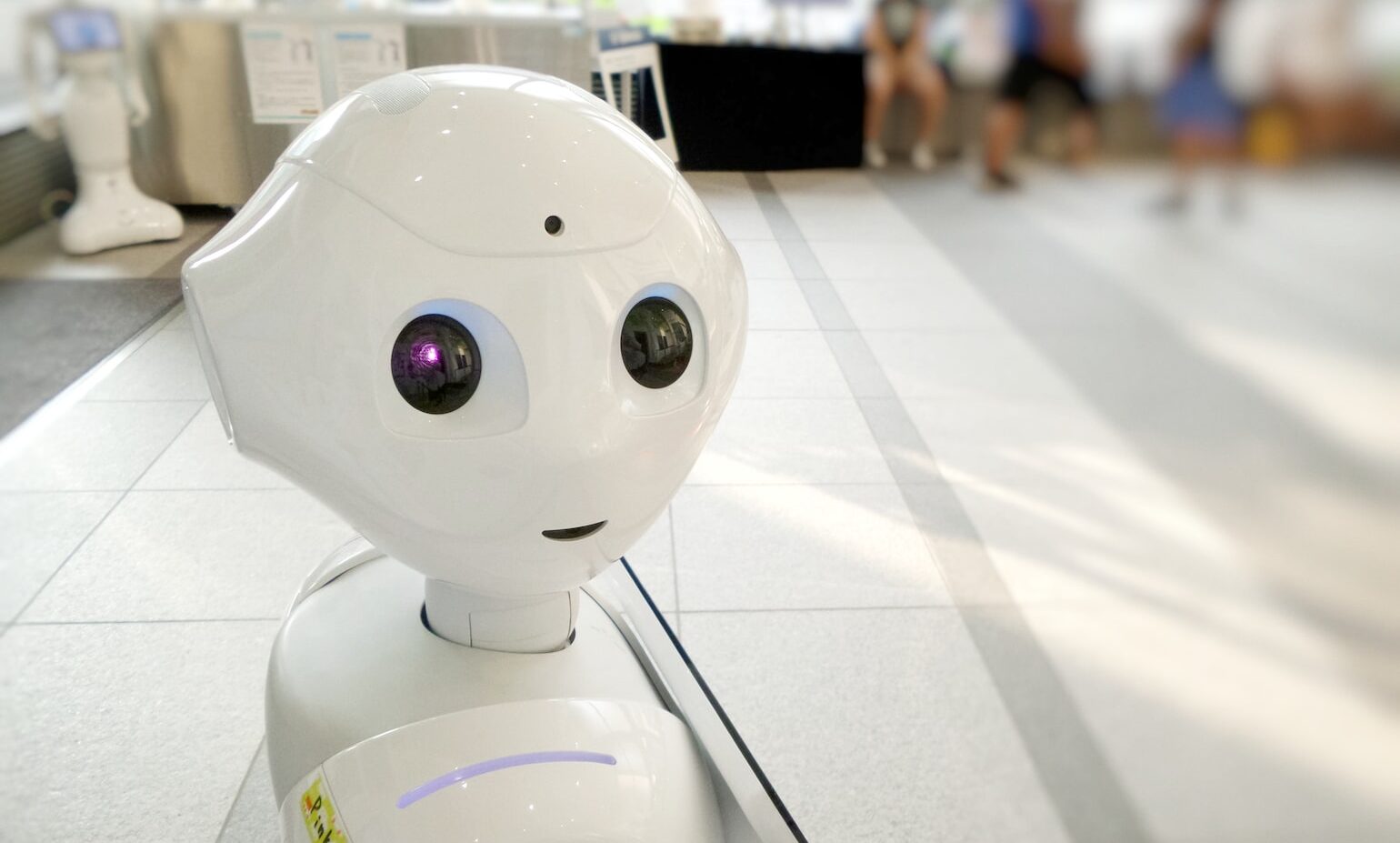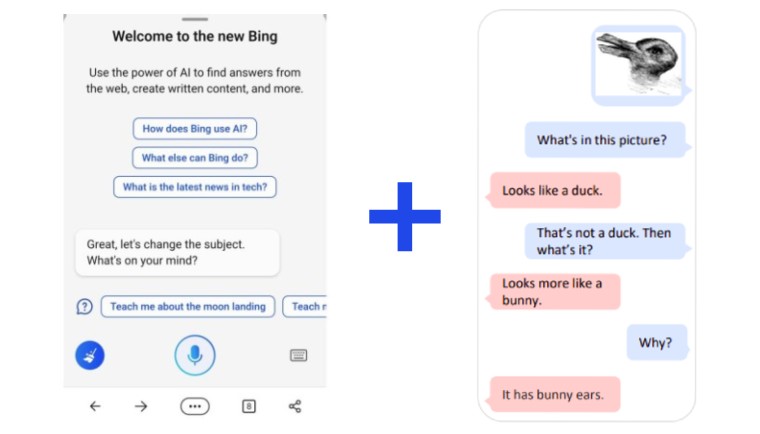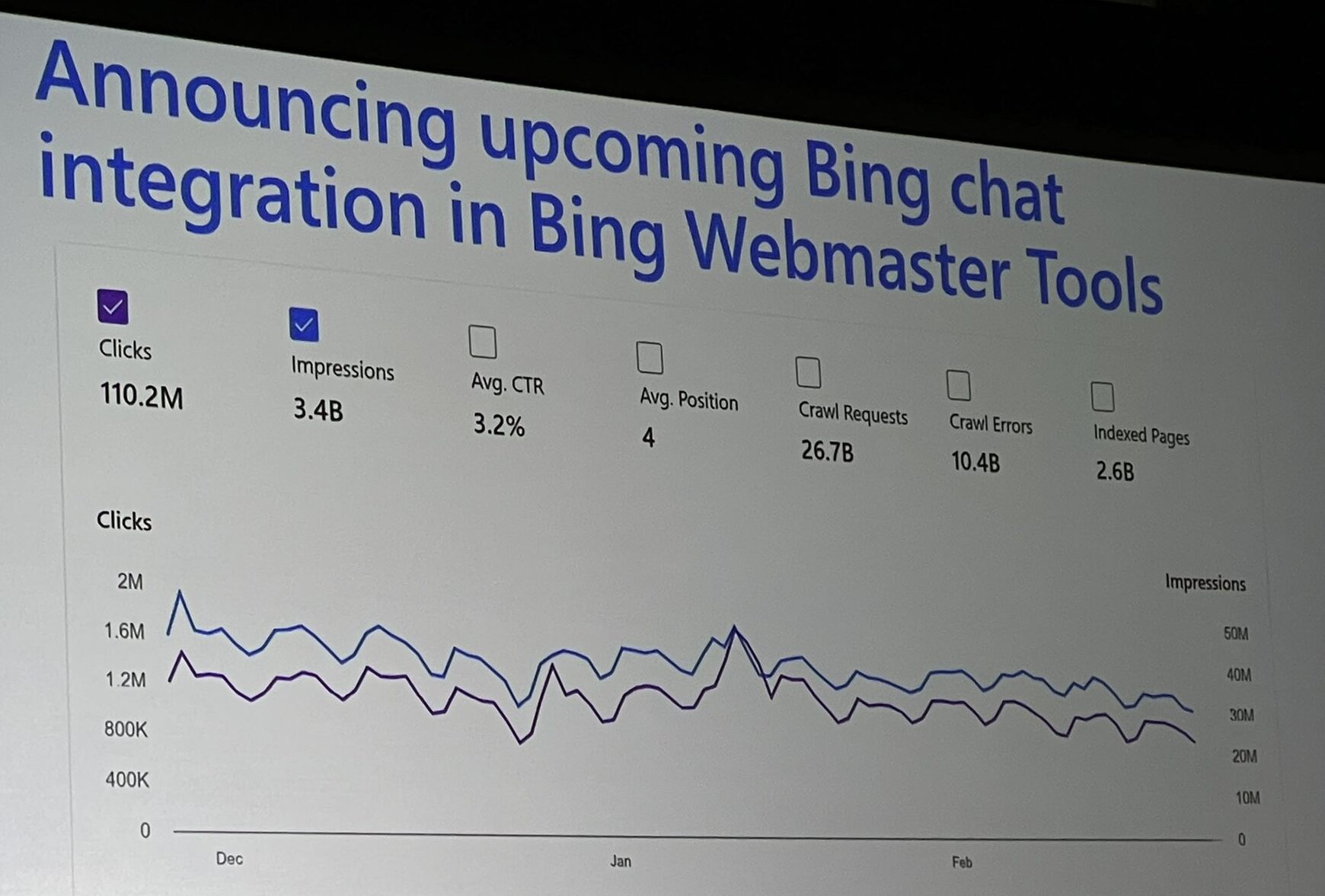The announcement of GPT-4 by Microsoft Germany has set the tech world abuzz, with expectations that the latest iteration of the highly acclaimed large language model will be multimodal, opening up a whole new realm of possibilities, including videos. Meanwhile, OpenAI is also working on GPT-4, and rumors suggest that it could be released in 2023. But with such high expectations, there may also be some disappointment.
The technology powering large language models like GPT-4 is proving to be a game-changer for businesses, as it can teach machines to understand natural language in all languages, something that was once the exclusive domain of humans. Microsoft Germany’s CTO, Andreas Braun, made the big reveal at an exclusive AI kickoff event on March 9, 2023, while CEO Marianne Janik emphasized the value creation potential of AI and the need for companies to embrace this new technology. She highlighted the fact that disruption does not necessarily mean job losses and that new professions are emerging as a result of AI’s enrichment of possibilities.
As for GPT-4, some reports suggest that it is already powering Chat GPT in Microsoft’s Bing search engine, although this has yet to be confirmed. One thing that is widely believed is that GPT-4 will have improved abilities in generating computer code, which is a huge potential benefit for developers. However, it is also unconfirmed if GPT-4 will be trained on much more data than GPT-3, with some sources claiming that GPT-4 could be up to a hundred times larger than its predecessor.
Despite the hype, there may be some disappointment when GPT-4 is finally released, with some suggesting that the next iteration may not seem as groundbreaking as we have seen so far. OpenAI CEO Sam Oldman dismissed the idea of a hundred trillion parameters as complete BS, suggesting that more effort may be put into improving GPT’s ability to use existing data rather than throwing more data into it because bigger data models are not always performing better. There will be a focus on making those algorithms more efficient to reduce the running costs of GPT-4, and especially Chat GPT.
As the world of artificial intelligence eagerly awaits the release of GPT-4, the latest iteration of the highly acclaimed large language model, there are many questions swirling around this new development. Will GPT-4 live up to the hype surrounding its potential? How will this new technology transform the field of natural language processing? And what kind of new job opportunities will it create? While there may be some disappointment if expectations are not fully met, the potential benefits of GPT-4 are enormous and cannot be ignored. It remains to be seen just how this new technology will shape the future of AI and impact our daily lives.
Make sure to sign up for our Newsletter and give us a follow on Twitter or LinkedIn for more info on this in the future!
FAQs
What is GPT-4?
GPT-4 is a large language model (LLM) that is part of the GPT series developed by OpenAI. It is a language processing AI system that is designed to understand natural language and can generate human-like responses to text-based queries.
What makes GPT-4 different from previous versions?
According to Andreas Braun, GPT-4 will be a multimodal model, which means that it will be able to handle multiple types of media, such as videos, as well as text. This feature will provide users with a wider range of possibilities when interacting with the AI system.
What is the role of LLMs like GPT-4?
LLMs like GPT-4 are seen as a disruptive force for companies, with the potential to create significant value. The technology teaches machines to understand natural language in a statistical way, which was previously only understandable by humans. It is expected to change the nature of jobs, with traditional job descriptions changing and new professions emerging as a result.
How is Microsoft ensuring the responsible use of AI?
According to Holger Kenn, Chief Technologist Business Development AI & Emerging Technologies at Microsoft Germany, responsible AI is already built into Microsoft products. Customers often use AI support only on their own data sets, primarily for reading comprehension and querying inventory data, where the models are already quite accurate. Microsoft is also currently creating confidence metrics to address the issue of operational reliability and fact fidelity.




